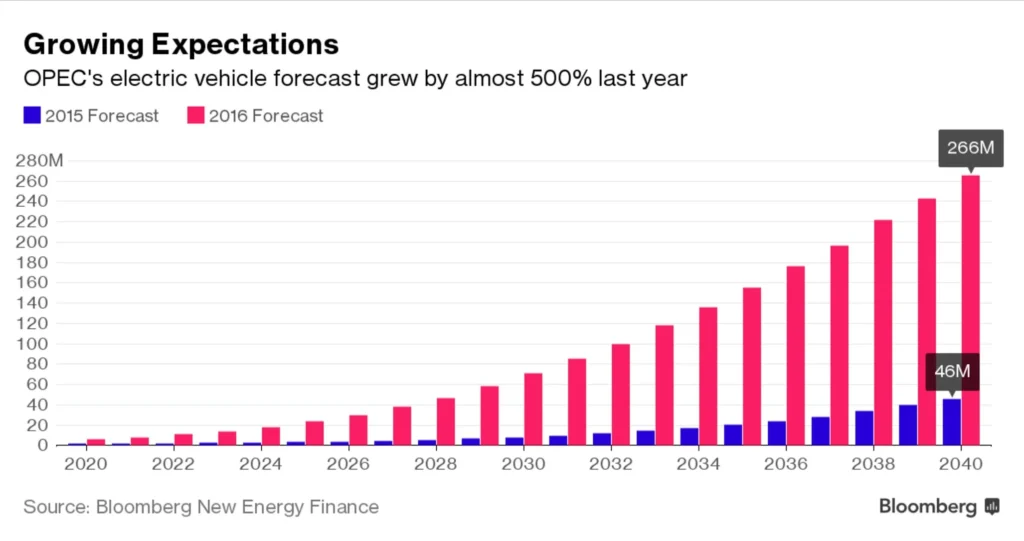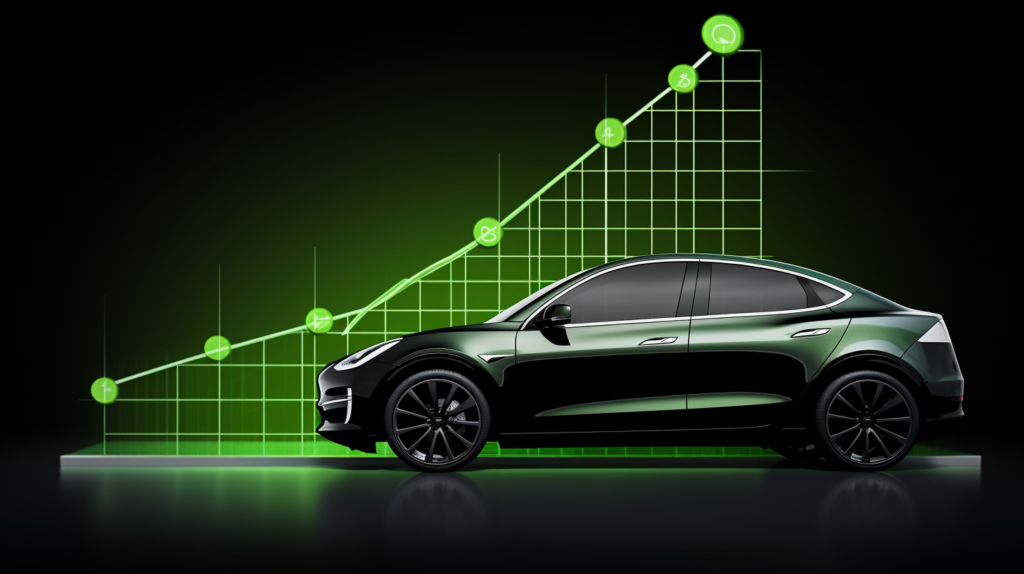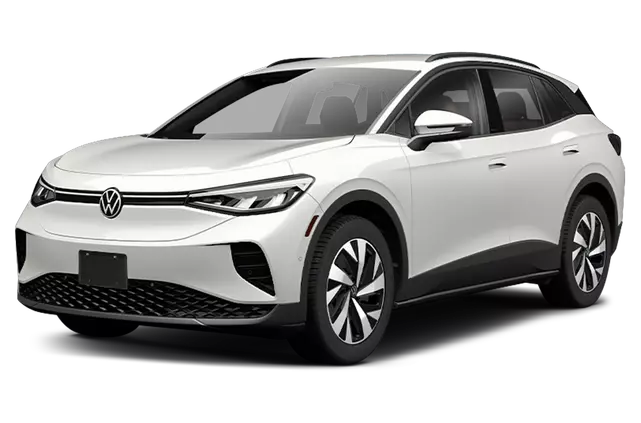Does it seem like you can’t escape news about electric vehicles? There’s a solid reason behind this – their sales are continuously rising. Each year sees EVs accounting for a larger piece of the entire vehicle pie than ever before. Current EV News dives into a common question we get asked: Are electric vehicle sales increasing dramatically?
Electric vehicle (EV) global sales are anticipated to hit another record this year, swelling their portion of the total car market to nearly one-fifth. This development signifies a significant shift in the auto industry, potentially impacting the energy sector, particularly oil.
Over the past three years, EV sales have surged, expanding from roughly three million new electric cars sold globally in 2020 to 10 million in the last year, with sales projected to rise by an additional 35% this year to 14 million. This substantial growth indicates that the electric cars segment of the total car market has climbed from about 4% in 2020 to 14% in 2022 and is projected to rise further to 18% this year, based on the most recent IEA estimates.

Image source: assets.greentechmedia
To give some context to these numbers, out of every 20 new cars sold internationally in 2022, three were electric.
So far, most electric vehicle sales have been primarily focused in three markets – China, Europe, and America. Leading the pack is China, with 60% of the total global sales of electric cars occurring there in 2022. At present, over half of all-electric cars worldwide are found in China. The other two significant markets, Europe and America, experienced substantial growth, with their sales rising by 15% and 55%, respectively, in 2022.
Major economies’ aggressive policy initiatives, such as the European Union’s Fit for 55 package and the United States’ Inflation Reduction Act, are anticipated to bolster the market share of electric vehicles further throughout this decade and beyond. The estimated share of electric cars in overall sales in China, the EU, and the United States is likely to hit nearly 60% by 2030.
The uplifting tendencies also provide beneficial ripple effects for battery production and distribution networks. The recent analysis underscores that the proposed battery manufacturing projects would exceed the required demand for electric vehicles until 2030 as per IEA’s Net Zero Emissions by 2050 Scenario. Nevertheless, production is still mainly consolidated, with China ruling the market for batteries and components while elevating its global electric car exports to over 35% the previous year.
Inevitably, EVs are destined to dominate. Government policies, substantial investment from the industry, and global environmental concerns all signal one eventuality – the universal shift toward electric vehicles. Yet, this pivotal moment, this crossroads, is a fascinating period to observe. What duration will it require for us to adopt the EVs fully?


